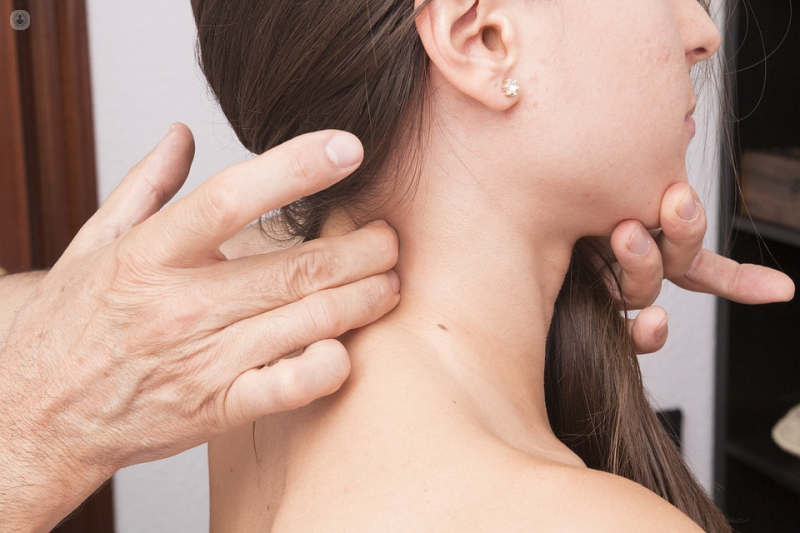



What is muscle tension?
Muscular tension refers to the condition where one or more muscles remains semi-contracted for a prolonged period. This causes small lumps or “muscle knots” which you can feel by touching the affected area. Any muscle can feel stiff or tense; however, the most affected areas usually are the neck, the cervical area, the trapezius muscle, the lower back and the legs. Muscle stiffness can significantly decrease your quality of life as it can impact your daily activities as well as your ability to work and do any sports normally.
What are the symptoms?
Muscle tension can range from a slight discomfort or soreness of the affected areas to overall stiffness. Other symptoms may include leg cramps, headache, vertigo (in case the cervical area is affected) and anxiety.
What causes muscle tension?
Muscle tension can have several causes. One cause may be overall stress, which can manifest physically. However, muscle stiffness can also be caused by physical activity (a new workout routine, for instance), consistently poor posture (if you’re a student or you work at a desk), whiplash, a lack of specific vitamins (potassium and magnesium), dehydration and poor blood circulation. Athletes and people leading a sedentary lifestyle tend to be more affected by it.
How can it be prevented?
To prevent and treat muscular tension, firstly you should eliminate or at least try to avoid what’s causing you stress - by doing this, you’ll be acting on the psychosomatic component of the problem.
How can it be treated?
In order to relieve the pain, you can apply a heat pack on the affected area: this will relax the muscle. In the most severe cases, an anti-inflammatory painkiller may provide relief. Progressive muscle relaxation, autogenic training and diaphragmatic breathing can also be helpful in treating muscle stiffness.
Which doctor should I see?
You’ll need to see a physiotherapist. Alongside with the palliative care treatments we’ve mentioned before, a physiotherapist can help you with targeted massage therapy and exercises which can help with a contracture.